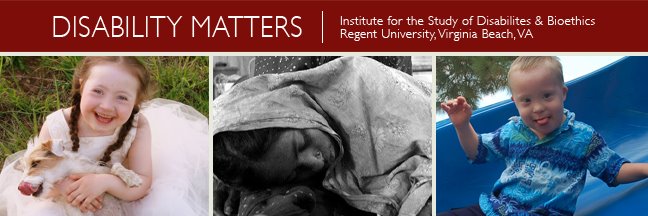I know South Africa very well – I’m a South African. My father’s family arrived in South Africa generations before the US became an independent country.
Today, I weep for my homeland, because South Africa is drenched in African blood. If you can stomach it, it's not difficult to find photos of the unspeakable violence all over the web.
Long-simmering ethnic animosity has seen dozens of people beaten, stoned, burned, shot, and stabbed to death. Thousands are seriously injured. Tens of thousands more are displaced, fleeing their homes ahead of marauding gangs whose chief aim is murder, followed by the usual accoutrements of looting and rape.
Why?
Because the murderers are stoning, beating, burning, shooting, and stabbing people they see as different.
Here’s how it works: If you’re a South African African, no problem. Not a South African African? Watch out.
This horrific thuggery is being aimed at refugees who have fled other parts of Africa in the hopes of making a life for themselves in “the New South Africa” as its often fondly called. Now, they are paying a terrible, unjust price for that hope of a better life.
My birthplace, Johannesburg, has been scene of most of the carnage. Thousands are flocking to churches and police stations for protection.
As the bloodlust rises to fever pitch, the most vulnerable are among the first to succumb to rock, flame, gun, or machete—especially Africans with disabilities. They’re easy prey to satisfy that bloodlust of difference, you see.
Read on.
South Africa’s Mail and Guardian reported that:
A marquee tent had been set up at the police station for mothers and children, but the children were complaining of hunger and cold. At about 2pm, a team from the Methodist Church arrived with boxes of apples and loaves of sliced bread and almost sparked a stampede.
Scores of blind Zimbabwean beggars who had been brutalised and robbed by the mobs were being pushed aside by the hungry crowds.
The Times reported what happened to an African with severe communication impairments:
One victim was a deaf mute who was attacked outside the Central Methodist Church in Johannesburg. Known only as “Tarro,” the young man suffered a gash to his forehead at the hands of a mob.
Medical student Herbert Nedi tended to him and said the bewildered Tarro, who could only write his name and could not provide a surname, did not know what was happening around him.“
It was clear he did not have a clue what they [the mob] were talking about. He doesn’t understand what is going on,” said Nedi, as Tarro held a cloth to his head.
Make no mistake. There are, and will be, many others.
Unable to walk.
Unable to run.
Unable to see.
Unable to hear.
Unable to comprehend the deadly blow of a rock.
Unable to stop the body blow of a bullet.
Unable to douse the searing heat of being burned alive.
Unable to understand the swish of the machete.
Pray for South Africa. Pray more for South Africans with disabilities.

3 comments:
Very sad, yet not surprising. I hate being pessimistic about politics in Africa, but it's difficult to be otherwise. The wide-spread anarchy and mayhem that so often follows elections or changes in leadership in African nations (and many parts of the world) is difficult to understand and comprehend for many in the West, yet completely understandable in light of the abject poverty so pervasive in Africa and the seeming inability to better your lot in life.
While some may dismiss this type of violence as "African's being African's" I believe this nothing to do with nationality or ethnicity, but everything to do with people's ability (or inability) to better themselves economically.
When people (not just a government) recognize and protect as sacred the right to own property stability is a natural by-product. If a person protects and sees as sacred his neighbor's rights and if he knows his neighbor reciprocally feels the same, he can rest in this knowledge and begin to build. The problem is this takes a leap of faith and an amount of trust that has not yet been earned. The million dollar question is how is it earned?
People with something to lose are less apt to react violently because they stand to lose something. This I believe was a key problem in Kenya a few short months ago, and is a key factor in the violence in South Africa.
Truly the most dangerous and unpredictable man is one with nothing to lose.
Thanks, trs, good observations all.
All that you've noted, of course, gets complicated among South Africans with disabilities. Even though SA is considered the leading country south of the Sahara, there's still a long way to go in including people with disabilities. This is difficult enough with South African citizens, and impossible when we consider the many non-residents, such as the blind Zimbabweans, who live in SA.
These are truly people who fall thru the cracks. We must all do more to help all Africans with disabilities.
...and now, of course, we can add the needless and preventable outbreak of cholera...
Post a Comment